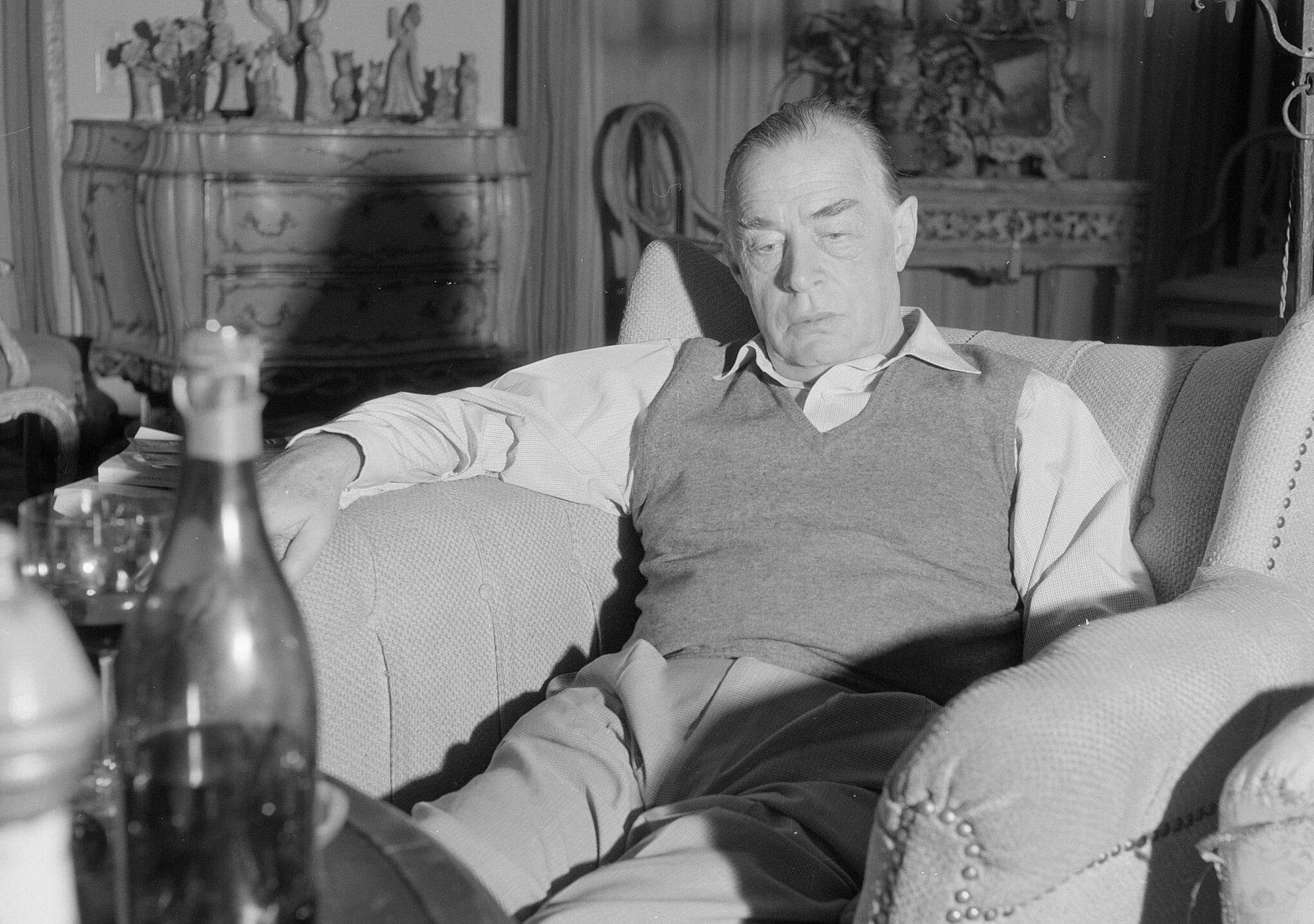A statement attributed to a German writer has been widely circulated on the Internet. We decided to check if he said anything like that.
Phrase "In dark times, bright people are clearly visible» with attribution to Erich Maria Remarque you can meet on websites with selections aphorisms And quotes famous people. It is often posted on their pages by users of social networks and blogging platforms (Twitter, "VKontakte", Instagram*, Pinterest, "Zen", LiveJournal). The statement also appears in reviews readers for Remarque's books. Even the media published the phrase (for example, “News Kalmykia"). Other authors insert this quote into their works, also attributing it to Remarque - for example, it appears in “Deaths in the Cyclades"Sergei Izugrafov or in "Dream. Hope. Love!» Vladimir Leonov.
"Verified" could not find this phrase in any of the fiction works Remark. When searching for this quote in the service Google Books in search results (both in Russian, and in English, and in German), books mainly appear by other authors who mention it along with the name of the German writer. Search results in Russian also include Remarque’s novels “Night in Lisbon” and “Black Obelisk”, but the preview mode in Google Books is not available for them. If you look at the texts of these novels in other sources, you cannot find anything similar to this quote.
If in Russian the phrase is distributed in the same wording, then in English there are several versions of the quote that differ significantly, for example: “In dark times it is well visible light people” and “Dark times always reveal good people.” That is, most likely, these are simply types of translation (not always grammatically correct) from some other language.
As with English, the versions of this phrase in German are slightly different: for example, in some publications it is “In dunklen Zeiten, deutlich sichtbare helle Menschen”, in others it is “In dunklen Zeiten kann man helle Menschen deutlich sehen”. This is strange, considering that Remarque wrote the vast majority of his texts in German - if the phrase really belongs to him, there should be no discrepancies. In addition, in the writer’s native language, the phrase was not widely distributed on the Internet: Google, for the corresponding search query, returns only a few sites with collections of quotes - as is the case with Russian and English-language resources, without indicating a specific source.
In addition to works of art, after Remarque’s death many other documents of his authorship remained: correspondence, interviews, drafts. Some of them are digitized - for example, his letters, addressed to actress Marlene Dietrich, with whom the writer had an affair. Also on the Internet you can find some interviews with Remarque, his essays and other journalistic texts. In them, as in works of art, the required quotation is not present. Couldn't find it in collections newspaper articles from different years about Remarque, which were scanned and made publicly available by the German National Library of Economics.

However, a significant part of Remarque's legacy is still available only on paper. The Erich Maria Remarque Peace Center, located in the German city of Osnabrück, where the writer was born, asserts, that the most complete collection of his works is stored there, but the entire archive is not digitized. “Verified” turned to the specialists of the Peace Center with a question about the authorship of this quote, and this is what they answered: “Numerous aphorisms by Remarque circulate in Russian- and Ukrainian-speaking countries, which turn out to be completely fictitious or are born as a result of literary translation, and cannot be found in German publications. The quotation you are asking about could have come about this way and probably comes from a passage in Three Comrades." IN Russian translation (quite accurate in relation to both the German original and the English version given by an employee of the Peace Center) this excerpt from the novel reads like this: “Only the unfortunate know what happiness is. A happy person feels the joy of life no more than a mannequin: he only demonstrates this joy, but it is not given to him. The light doesn't shine when it's light. He shines in the darkness." This fragment only vaguely resembles the quote being analyzed; perhaps it appeared as a result of some amateur inaccurate translation or incorrect citation.
Some of the texts left by Remarque stored at the New York University Library, and they are also not available online. “Verified” sent a question about the alleged author of the statement to the university, but at the time of publication of this analysis did not receive a response. However, it seems doubtful that anyone discovered this quote in paper sources in this archive and then disseminated it on the Internet.
Despite the fact that Erich Maria Remarque died back in 1970, the quote about bright people who are clearly visible in dark times began to be attributed to him, judging by the results of a Google search, no earlier than 2014. The earliest case of attribution of this phrase to the writer, which “Verified” was able to find in Russian, are two publications dated September 14, 2014: one on website with selections of quotes, and the second - on portal Orthodox church. All examples of the use of this quote in English and German appeared on the Internet even later.
Thus, “Verified” was unable to find a single piece of evidence that Remarque ever said or wrote anything about bright people who are clearly visible in dark times. The first publications of this quote with attribution to the writer appeared in the Russian-language segment of the Internet no earlier than 2014, and in the English- and German-language segments even later. In addition, if in Russian the statement is fixed in one form, then the foreign versions differ quite greatly from publication to publication, which is strange, given that in the original the statement most likely should have been in German, Remarque’s native language. Some of the written sources left after the writer’s death have not yet been digitized, but it is extremely unlikely that the phrase was taken specifically from archives inaccessible to the general public and then distributed on the Internet without indicating the source. Taking into account the fact that “Verified” was unable to find any evidence, and the specialists in the study of Remarque’s life and work, to whom we turned, know nothing about such a quote, we can conclude that the phrase was attributed to the writer by mistake.
*Russian authorities think the company Meta Platforms Inc., which owns the social network Instagram, is an extremist organization; its activities in Russia are prohibited.
Cover photo: Willem van de Poll, CC0, via Wikimedia Commons
Read on the topic:
- Is it true that Erich Maria Remarque actually bore the last name Kramer?
- Did the Emir of Dubai say that “hard times create strong people” and illustrate this with camels and cars?
- Did Robin Williams say, "You will have bad times, but they will always open your eyes to things you weren't paying attention to"?
If you find a spelling or grammatical error, please let us know by highlighting the error text and clicking Ctrl+Enter.






